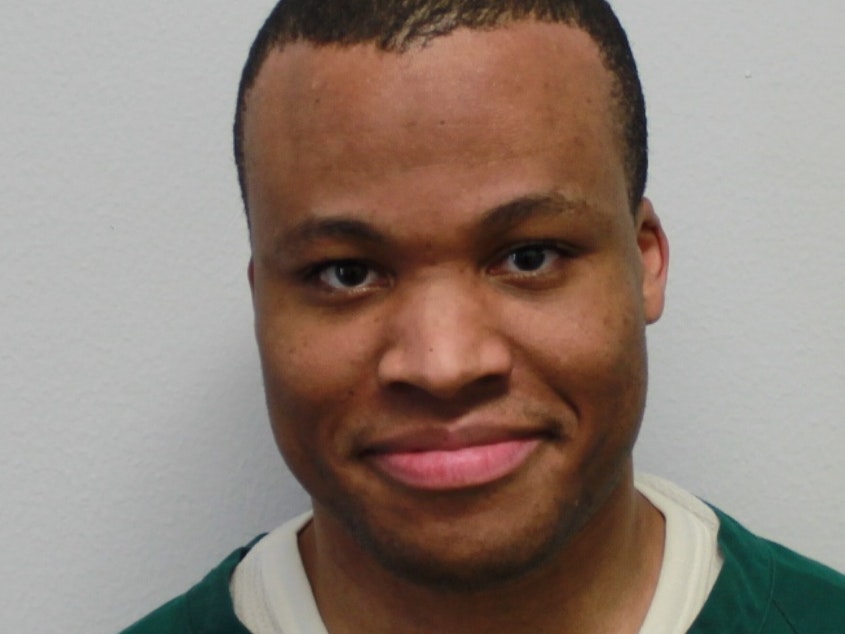U.S. Supreme Court Agrees To Dismiss 'D.C. Sniper' Case Following Virginia Parole Law

The U.S. Supreme Court agreed this week to dismiss the case of "D.C. sniper" Lee Boyd Malvo, who mounted a legal challenge to his life-without-parole sentence for a deadly 2002 shooting rampage he committed as minor.
The request to withdraw the appeal from the high court by lawyers on both sides came after Virginia Gov. Ralph Northam signed legislation on Monday that allows all juvenile lifers who committed crimes under the age of 18 to seek parole after serving 20 years.
That includes Malvo, who was 17 when he and John Allen Muhammad, his surrogate father, spread terror in Washington D.C., Virginia and Maryland by randomly shooting and killing 10 people over three weeks.
Malvo, who is now 35 and held at Red Onion supermax prison in Virginia, should be eligible for release in 2022. Muhammad was sentenced to death and executed in 2009.
But neither the latest change in state law nor the Supreme Court dismissal eliminates the likelihood that Malvo will live any of his life outside of confinement. He is serving four life sentences in Virginia and six life without parole sentences in Maryland, where he is also appealing for a new sentence.
In 2012, the Supreme Court struck down the death penalty for juvenile offenders and declared mandatory life-without-parole sentences unconstitutional. Another decision in 2017, went a bit further. It established that the use of life without parole for juveniles should be reserved for "the rare juvenile offender whose crime reflects irreparable corruption."
Despite the Supreme Court rulings, the judge in Malvo's Maryland case allowed his sentence to stand, finding that his life terms had not been mandatory.
However, in 2018, a federal appeals court ruled that in light of the 2012 and 2017 Supreme Court decisions, Malvo deserved a new sentencing hearing.
Virginia's Attorney General Mark Herring appealed to the Supreme Court, arguing that its ruling only applied to mandatory sentencing schemes, not in cases where judges have discretionary power in deciding the terms of punishment.
The Supreme Court ,which heard arguments in the Malvo case in October, had been expected to deliver a ruling by the summer.
Now, the withdrawal of Malvo's case leaves open the central question of retroactive resentencing for thousands of Americans behind bars. The Sentencing Project says as many 2,300 offenders were serving life-without-parole for crimes committed before turning 18.
The federal government and 29 states are in the process of reviewing or resentencing parole-ineligible offenders. Only a small fraction of individuals have been released from prison, according to the nonprofit group. Meanwhile, in New Mexico, Missouri, New York and Maine no one is serving the sentence. [Copyright 2020 NPR]

